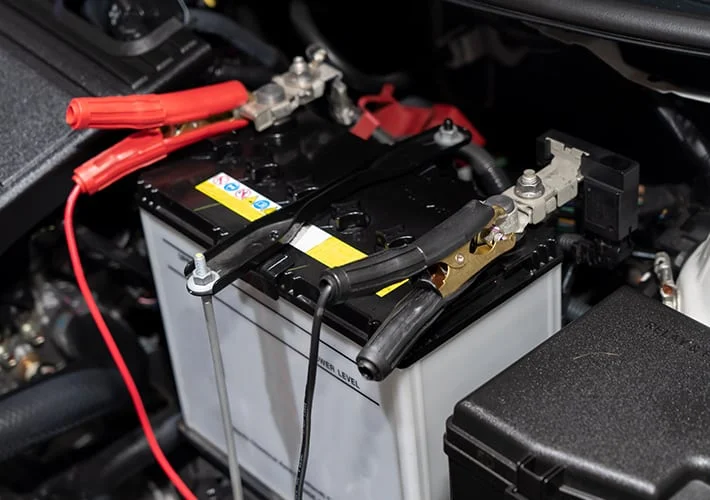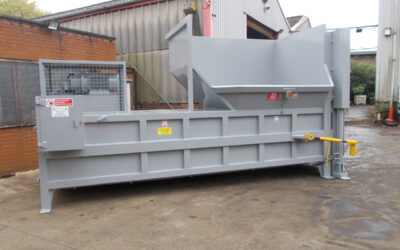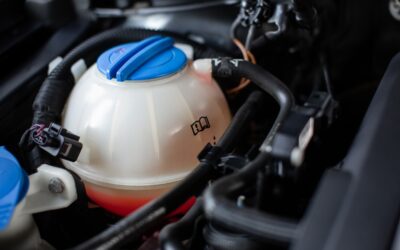If there’s one thing everyone needs tons of at Christmas, it’s batteries.
New toys, gadgets, and beauty products such as electronic toothbrushes all need so many of them these days. In fact, Britons use more than 600 million batteries every year producing enormous amounts of WEEE waste.
Little wonder the UK brought in updated battery recycling rules in 2010. Here’s how they affect retailers and producers:

Waste batteries rules for retailers and producers
Retailers
If you sell 32kg of batteries a year or more, you have a duty to take back batteries which can be carried by someone, including AA, AAA and 9v batteries, rechargeable batteries, and batteries from:
- laptops
- mobile phones
- watches
- hearing aids
- portable cameras
- electric toothbrushes
- torches
- razors
- hand-held vacuum cleaners
You must have a safe collection point for customers to return batteries, and you have to let people know how they can do this.
Battery waste can be collected by a battery recycling scheme.
If you transport them yourself, you must have a waste carrier certificate and follow the rules on transporting hazardous waste.
Breaches in the scheme could land you with a fine of up to £5,000.
Producers
Battery producers have a duty under the WEEE rules to pay or collection, treatment, recycling, and disposal of used batteries.
Producers are the first people in a selling chain (including importers) to supply or sell the batteries on the UK market.
Batteries can be portable, automotive batteries for cars, vans, or lorries, or batteries for industrial use.
What else should producers do?
- Register with the environmental regulator
- Record the tonnage and chemistry of the batteries placed on the market
Portable batteries
If you produce portable batteries – the type which are generally used in domestic appliances – and put more than a tonne a year on the market, you must register with a battery compliance scheme.
For a fee, the scheme registers you with the correct environmental regulator and pays them £600 each for every member.
The scheme sends information on the batteries you have produced to the regulator, it gets evidence on the collection, treatment, and recycling of waste batteries, and sends that to the regulator.
If you produce less than a tonne a year, you must register directly with the right regulator for your part of the UK. Find out which is right for you here.
You must submit the weight of batteries and heir chemistry to the regulator every year.
What happens when you sell products containing batteries?
You’ll need to report the weight of the equipment without batteries and the weight of the batteries.
Automotive batteries
You must register with the Department for Business, Energy and Industrial Strategy within 28 days of putting the first batteries on the market.
You’ll need to provide the tonnage, chemistry, and the brand name of the batteries.
Producers have a duty to collect waste batteries free from places such as garages and scrapyards.
You have to give these people information about how to organise collection, perhaps on your website.
Waste batteries must go to an approved battery treatment operator or exporter for treatment and recycling.
Industrial batteries
You must register with the DBEIS within 28 days of first selling the batteries, and provide the total tonnage, chemistry, and brand name of the batteries.
You have a duty to take back waste batteries and to inform customers how this can be arranged.
Waste batteries must go to an approved battery treatment operator or exporter for treatment and recycling.





